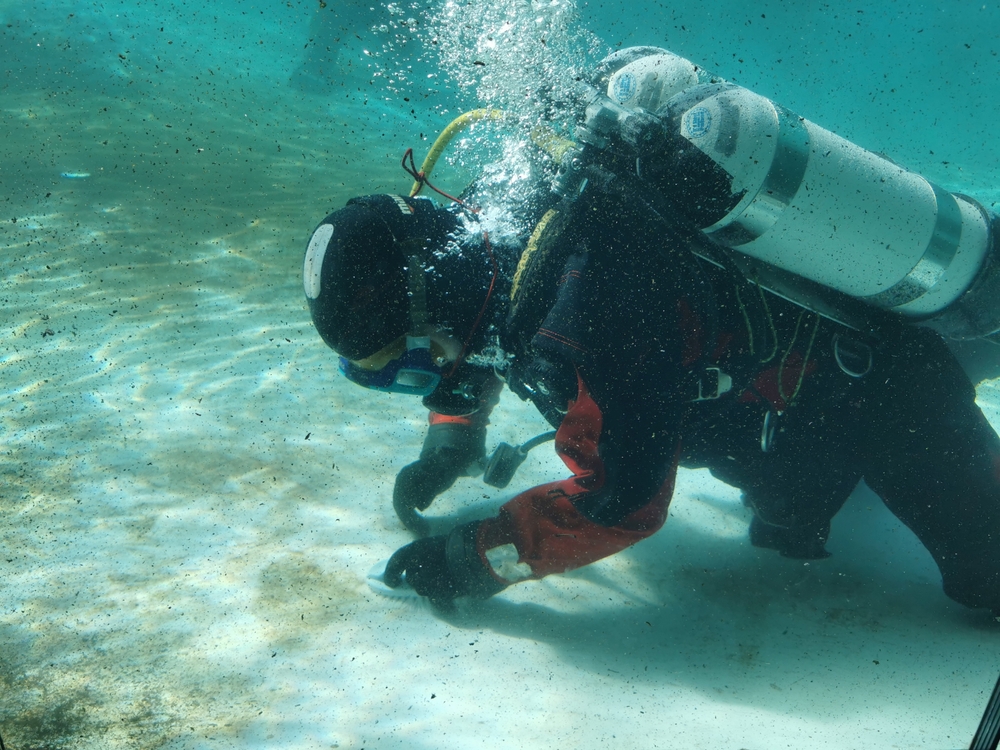You ever wonder where the rich go when they don’t want to be seen? Like, not Hamptons-rich or Aspen-famous—but the kind of stealth-wealth folks who ghost social media, wear $800 hoodies, and retire without a single press release. Turns out, they’re not heading for yachts or private islands—they’re slipping into quiet little U.S. towns you’ve never heard of. Towns with artisanal cheese shops, suspiciously good bakeries, and real estate listings that don’t even make it online.
These aren’t places with glitz—they’re places with charm. Charm and 5-bedroom cottages tucked behind redwood groves, or lakefront retreats you only find if you know someone. From low-key mountain towns to historic villages straight out of a Nancy Meyers dream, millionaires are secretly retiring where no one’s looking—and honestly? Kinda genius.
Here are 12 of those hush-hush havens. Just… maybe don’t tell TikTok.
1. Tubac, Arizona
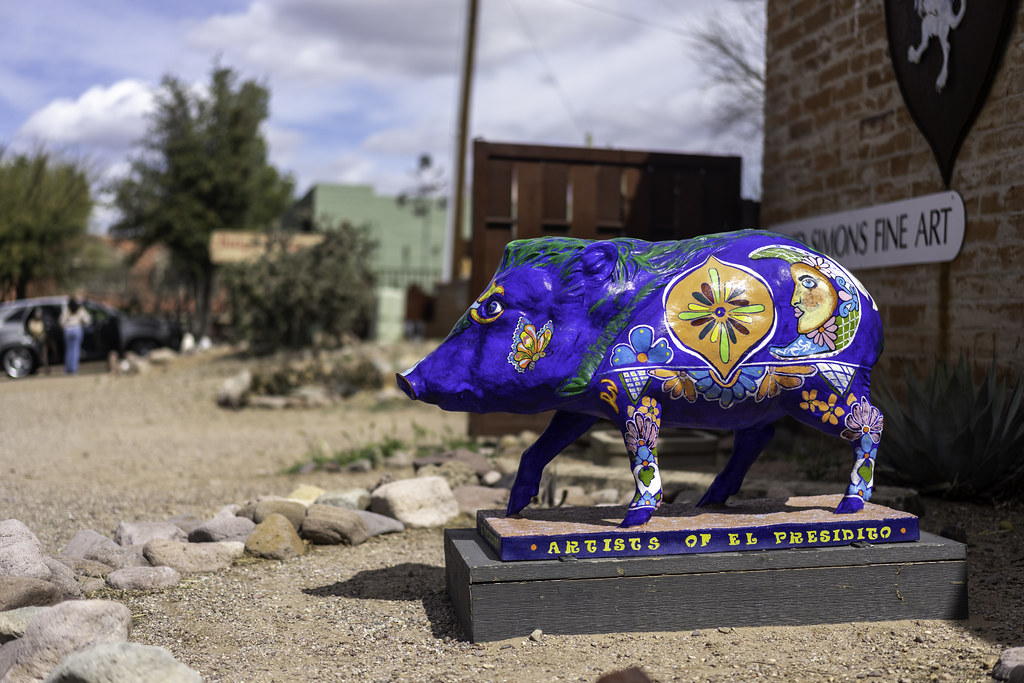
If Sedona is the yoga mom of Arizona, Tubac is her cool, artsy aunt who sells mixed-media sculptures and drinks Spanish wine before noon. Tucked just 45 minutes south of Tucson, this historic village oozes understated charm—and wealth. Tubac has become a quiet haven for high-net-worth retirees who want desert living without Scottsdale’s Botox budget. According to WorldAtlas, the town’s luxury real estate has seen a sharp uptick, thanks to influxes of cash buyers looking to ditch the noise and embrace mountain views.
It’s not about flashy McMansions here—it’s adobe homes with $80,000 kitchens and outdoor fireplaces made for mezcal-fueled storytelling. The community leans toward the creatively wealthy: former executives turned painters, retired lawyers now sculpting turquoise, that kind of vibe. With galleries, golf, and a top-tier spa scene, Tubac is basically retirement but make it Pinterest-worthy. Locals bike to the farmers’ market and name-drop their winemakers.
You won’t see Lamborghinis, but you will see Teslas parked outside the organic tortilla shop.
2. St. Francisville, Louisiana
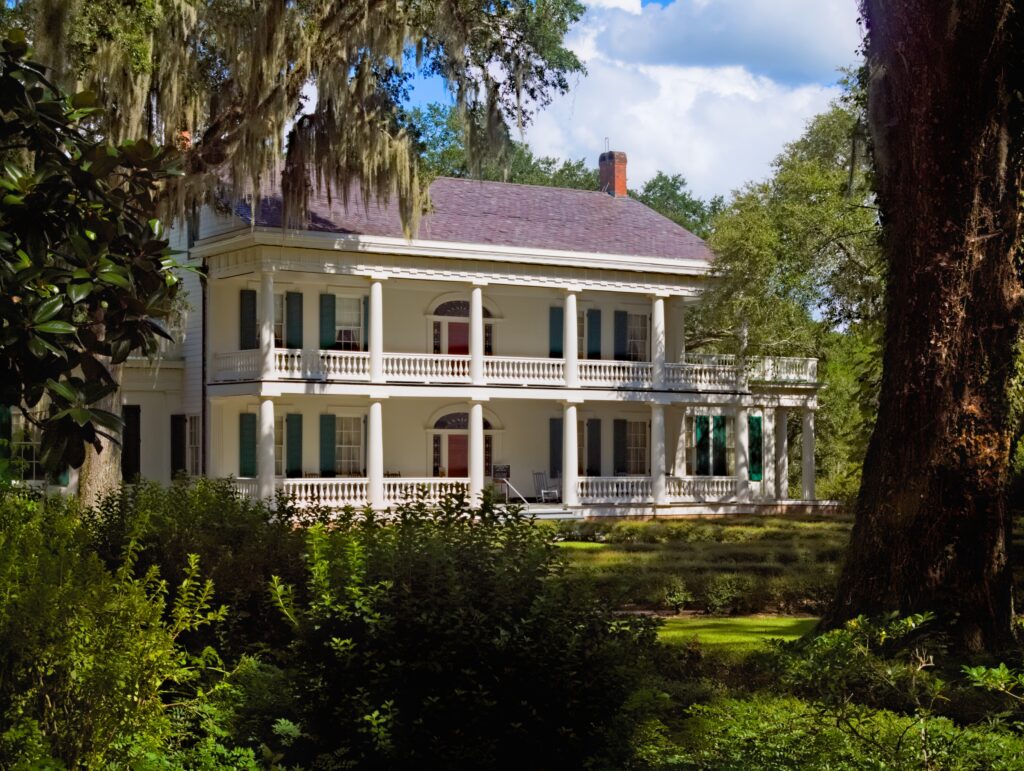
This might just be the most elegant little town you’ve never heard of. Located an hour north of Baton Rouge, St. Francisville is where southern charm and generational wealth shake hands in a slow drawl. Millionaires are flocking here for antebellum architecture, rolling hills, and enough privacy to grow old quietly with their bourbon collection. Per Southern Living, it’s also quietly attracting luxury homebuyers who want a slower pace with serious style.
There’s no rush-hour traffic—just wraparound porches and oak trees dripping with Spanish moss. The town’s high-end bed and breakfasts are often just cover for ultra-private retreats and estates that rarely hit the market. Art lovers, history nerds, and well-heeled gardeners unite here to turn post-career life into a lifestyle magazine spread. Oh, and the food? Michelin-level Southern cuisine, if you know who to ask.
It’s basically “Gone with the Wind” meets “Lifestyles of the Rich and Private.”
3. Decorah, Iowa
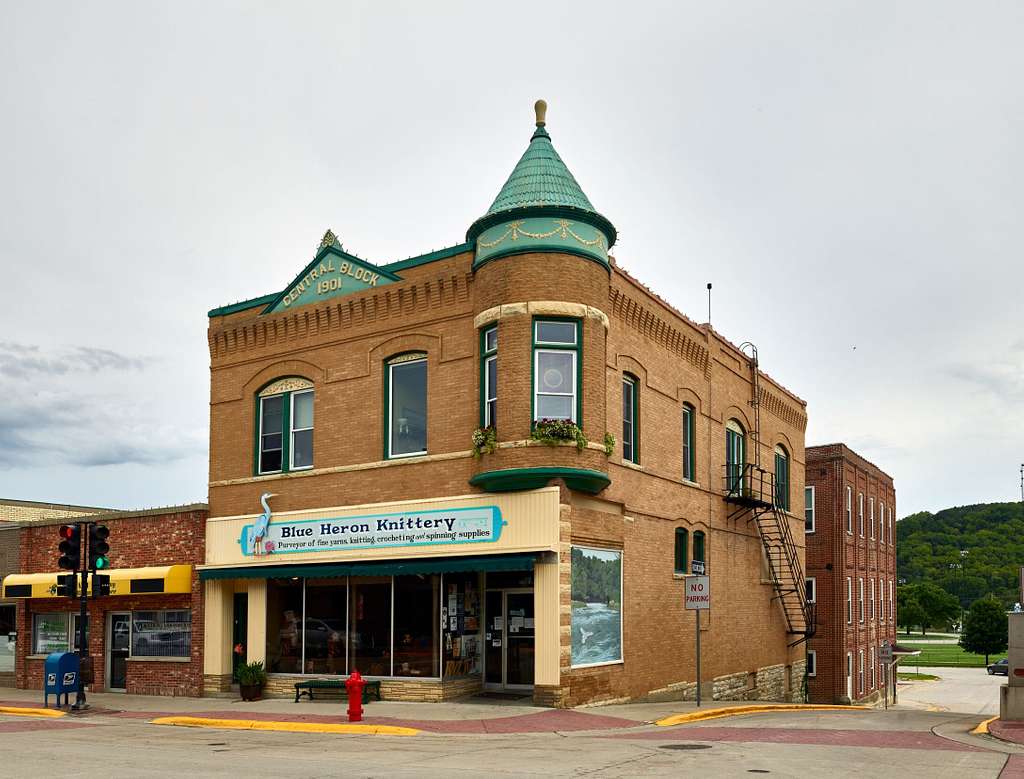
Iowa isn’t typically where millionaires flock post-IPO, but that’s kinda the point. Decorah is like the indie film of retirement towns—low-budget look, award-winning substance. Nestled in the Driftless Area (read: gorgeous rolling hills that somehow skipped the last Ice Age), it’s home to quiet, Norwegian-rooted culture, world-class trout fishing, and craft beer that slaps. According to The Des Moines Register, Decorah’s clean streets, strong community, and walkable downtown are luring in well-off transplants who want wealth without the weight.
Millionaires here aren’t flashy—they’re the kind who drive a Subaru and donate to the library renovation fund. Instead of gated communities, it’s historic Victorians on tree-lined streets and a co-op grocery store that stocks seven brands of locally made kombucha. The cost of living is a whisper compared to coastal cities, which means more budget for travel and legacy planning. Retirees here tend to be humbleballers: high net worth, low-key lifestyle.
It’s like a Wes Anderson movie, but everyone’s portfolio is fully diversified.
4. Aiken, South Carolina
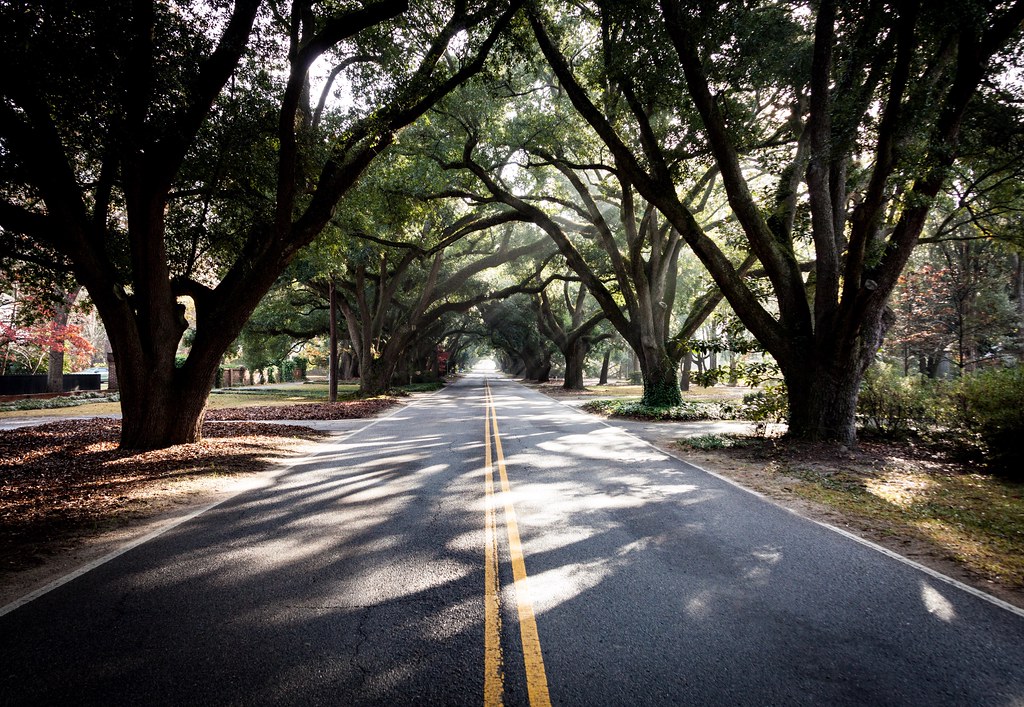
Once known mainly for its horse culture and genteel charm, Aiken is having a very quiet millionaire moment. It’s got all the aesthetics of Charleston without the bachelorette parties and Airbnb surge pricing. Retired wealth is settling here in droves—drawn to the mild climate, equestrian estates, and real estate that’s still shockingly affordable (for now). As Savannah Now recently noted, Aiken’s “Old South elegance meets 21st-century wealth management” vibe is hard to beat.
You’ve got retirees with Wall Street pasts playing polo and discussing municipal bonds at garden parties. Historic downtown is dripping with charm, and there’s a symphony, a thriving arts scene, and brunch spots that would make Charleston jealous. What sets Aiken apart, though, is how chill the whole thing is—no one’s trying to impress anyone. Wealth here is horse-stabled and heirloomed, not loud and leased.
Basically, it’s Downton Abbey, but everyone’s wearing golf shirts.
5. Sandpoint, Idaho
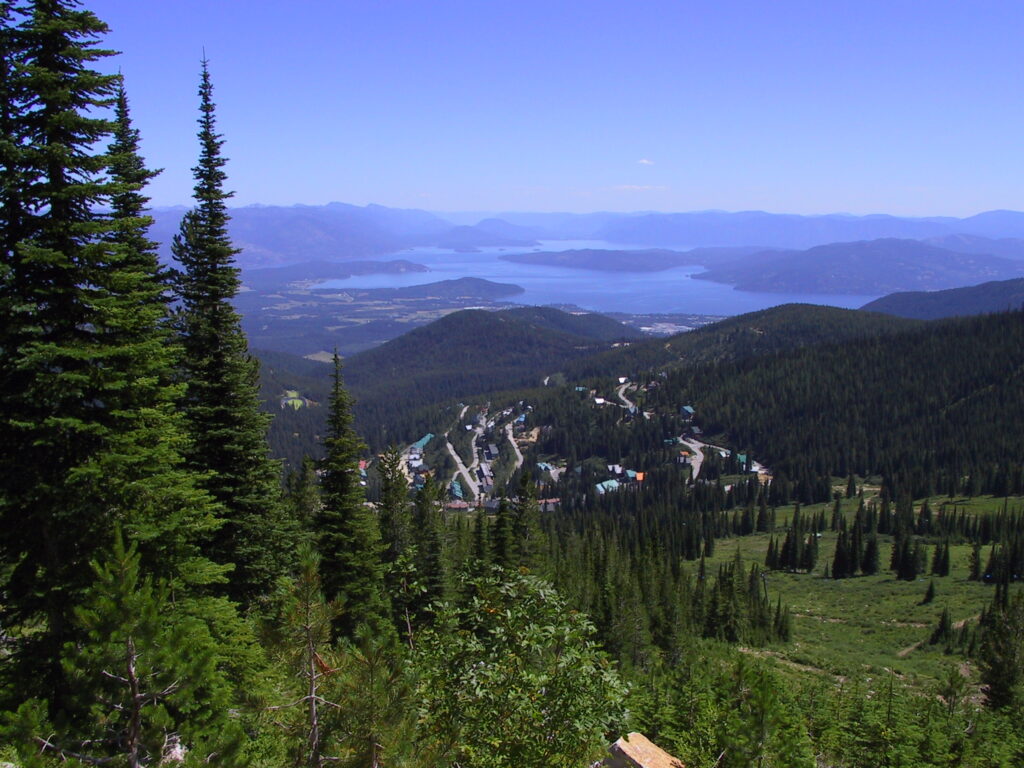
What happens when you mix lakefront serenity, mountain views, and money that’s tired of California? You get Sandpoint. Situated on the edge of Lake Pend Oreille (pronounced Pond-oh-RAY, you’re welcome), this rugged little gem has become a magnet for wealthy retirees who want isolation and Wi-Fi. The vibe here is “quiet billionaire with a fly-fishing hobby,” not “Silicon Valley splash.” KXLY recently called it one of the most under-the-radar hotspots for retiring millionaires.
The homes? Cabin-chic meets architect-dream, with just enough solar panels to keep things guilt-free. Locals don’t care how much money you have, but they will judge your snow tires. Between the skiing, sailing, and serious backcountry beauty, you can live like a wilderness king without ever missing your morning espresso. The town’s remote feel is deceiving—it has private jet access and high-speed internet, making it perfect for wealth that wants to unplug without disappearing.
Just don’t expect anyone to talk about their net worth—here, silence is the ultimate status symbol.
6. Whitefish, Montana
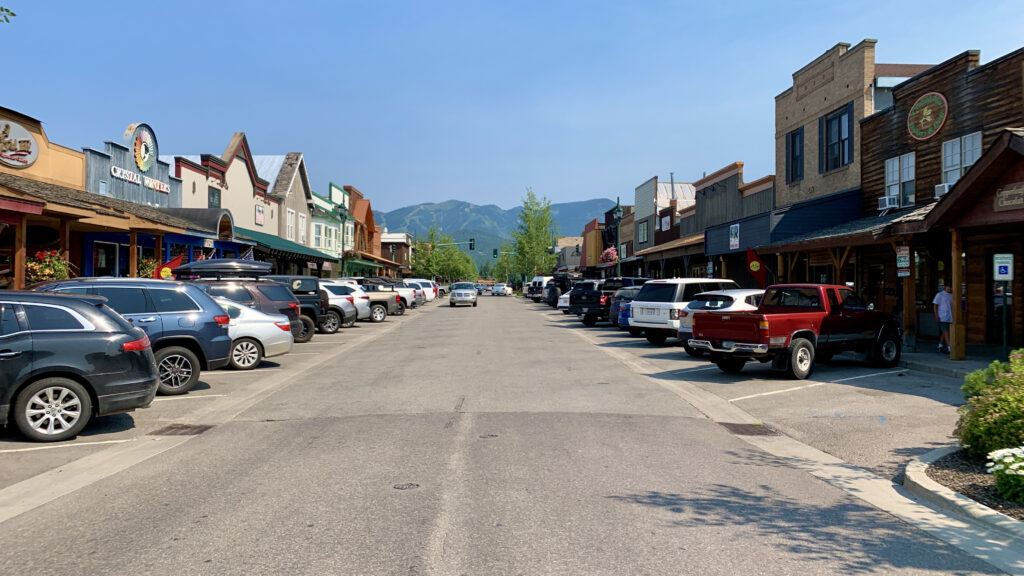
This is where former CEOs go when they’ve had enough boardrooms and want to trade power lunches for powder days. Whitefish is all about rustic luxury—log cabins with radiant floor heating, elk sightings over espresso, and a main street that looks like a Hallmark movie set. Tucked near Glacier National Park, it’s remote enough to keep the crowds out but developed enough to satisfy anyone used to concierge service. The ski slopes are world-class, the lake is mirror-clear, and the town has a surprising number of sommeliers.
Wealth here hides behind Patagonia jackets and beat-up trucks that still cost six figures. Locals don’t care about your net worth unless it messes with their fly fishing. Private hangars? Yep. A ski-in wine bar? Obviously. And when the snow melts, it turns into a summer paradise of mountain biking, lakeside dining, and fancy outdoor gear stores that all accept Amex.
It’s like Aspen without the influencers.
7. Healdsburg, California
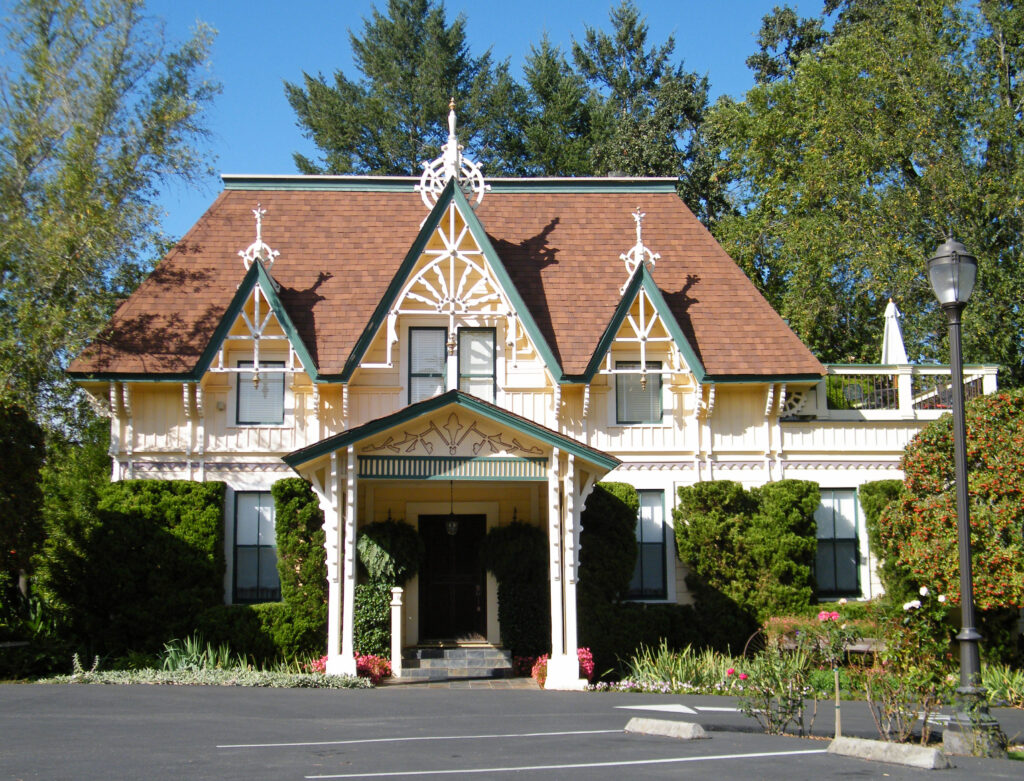
Napa who? Millionaire retirees in the know are ditching the crowded wine trails of Napa and Sonoma for Healdsburg—a sleepy stunner nestled in the heart of wine country that’s somehow still low-key. Think vineyard estates hidden behind hedges, Michelin-star meals in farmhouses, and town squares where everyone walks barefoot but owns a Rolex. The local economy thrives on wine, olives, and generational wealth disguised as “artisanal agriculture.”
The town blends wine-snob elegance with NorCal chill. People retire here to sip cabernet while pretending they’re about to start a vineyard, but really, they just want to read in peace. There’s a surprising number of former finance bros who now grow lavender “for the vibes.” It’s not cheap—but if you’ve got the dough, it’s worth every rosé-soaked minute.
And yes, the farmers’ market has a wine pairing guide.
8. Highlands, North Carolina
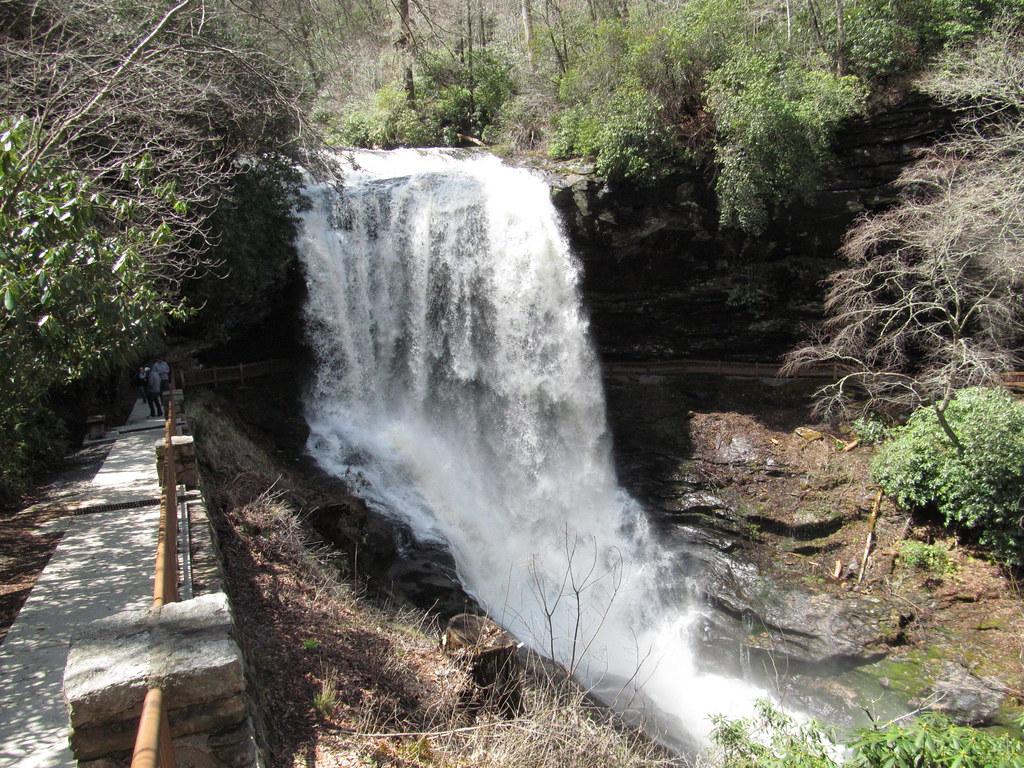
Highlands is like the Hamptons of the Appalachians—but without the press. Tucked into the southern tip of the Blue Ridge Mountains, it’s all foggy mornings, old-money porches, and cabins with six fireplaces. The wealthy have been quietly slipping away here for years, drawn by cool temps, trout streams, and the kind of boutique shopping that somehow feels both quaint and wildly expensive.
Millionaires here wear vests year-round and know their bourbon by barrel number. The food scene punches way above its weight—think James Beard-level cuisine in the middle of a rhododendron forest. There’s also a thriving arts scene, plenty of land to “invest” in, and privacy that rivals a Swiss vault. Summer brings concerts on the lawn and cocktails by the fire pit.
Basically, it’s what happens when Southern charm meets trust fund discretion.
9. McCall, Idaho
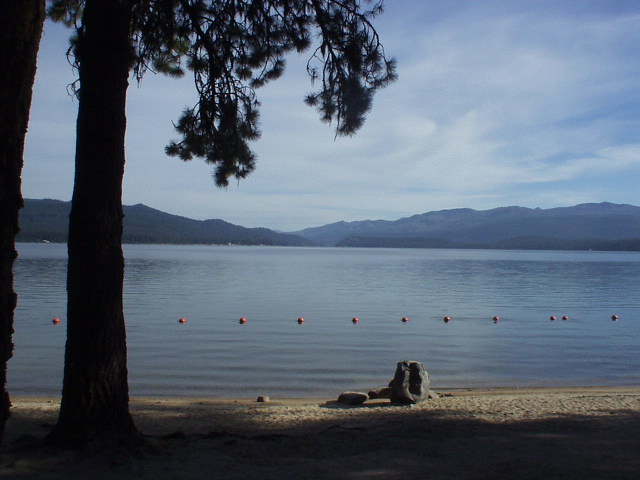
Want Tahoe vibes without the Tahoe traffic? McCall is your golden ticket. Sitting pretty along Payette Lake, this mountain-lake town offers all the outdoor glam without the California price tag (yet). Think luxury cabins, epic paddleboarding, and ski access that hasn’t been completely Instagrammed to death. The money here is quieter, newer, and often freshly escaped from the tech world.
It’s the kind of place where a self-made millionaire builds a wood-fired sauna before finishing the roof. The downtown is cozy, the hikes are intense, and the lakefront homes? Chef’s kiss. McCall also has a growing food and craft beer scene that locals absolutely gatekeep. In summer, it’s all boats and barbecues; in winter, it’s snowmobiles and slow-roasted elk stew.
Basically, if REI were a retirement plan, this would be the payout.
10. Galena, Illinois
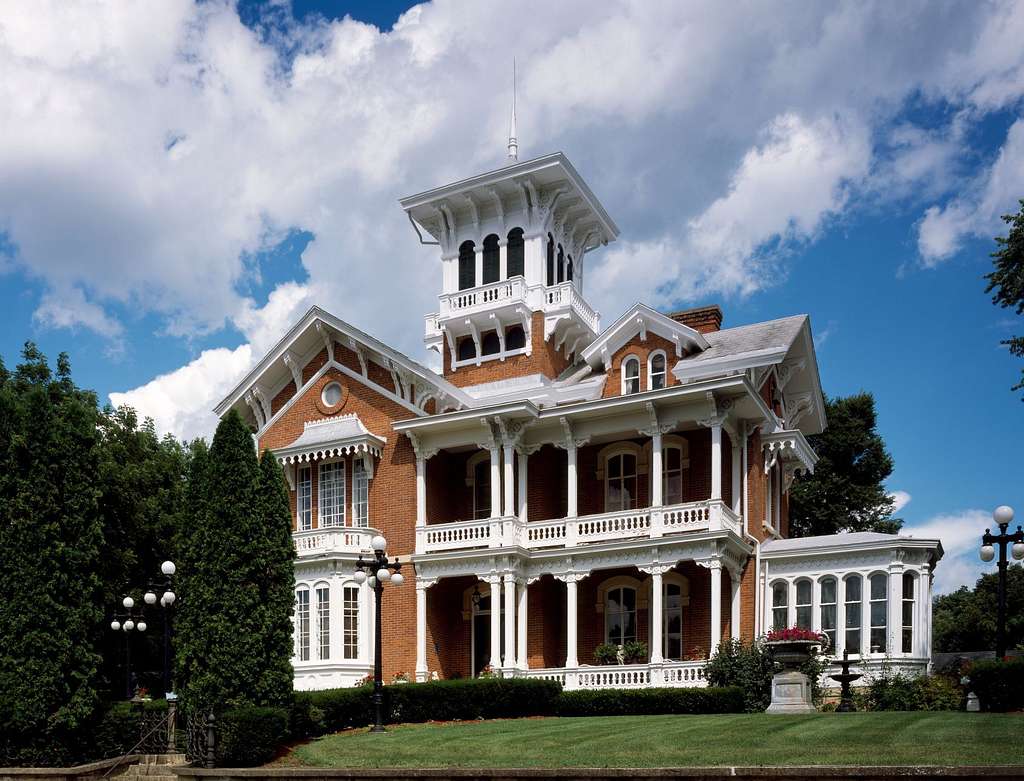
Galena feels like stepping into a history book that happens to serve excellent espresso. This little Midwestern gem has cobblestone streets, Civil War-era mansions, and just enough mystique to attract low-key millionaires who prefer charm over clout. Retirees here are often art collectors, amateur historians, or former power players now obsessed with restoring 19th-century trim.
The town is surrounded by rolling hills, golf courses, and scenic drives you’ll never get sick of. Downtown is packed with boutiques, galleries, and antique stores that low-key sell pieces worth more than your car. Locals know each other by name and by dog. The vibe is cozy, cultured, and completely removed from the chaos of urban life.
It’s quiet wealth with a side of historical reenactments.
11. Cambria, California
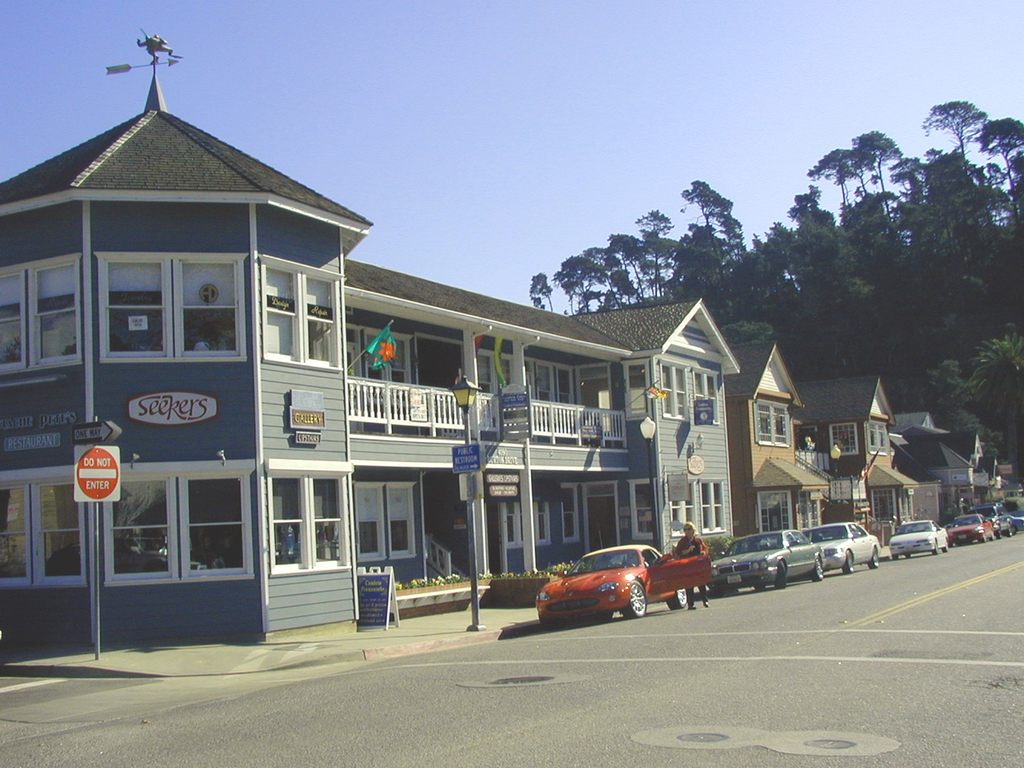
Cambria is the moody oceanfront secret of the California coast. It’s where millionaires go when Carmel is too crowded and Big Sur is too touristy. Perched along the Pacific with wind-blown pines and poetic fog, Cambria draws creatives, introverts, and moneyed folks who want ocean views without an HOA newsletter. The architecture is all wood and whimsy, with homes that feel more like storybook cottages than beach mansions.
The town isn’t flashy—it’s soulful. Retirees here spend their days gardening, reading, and casually buying local art for five figures. There’s a wine scene, obviously, and a serious obsession with succulents. Dinner parties involve fresh seafood and ambient lighting from antique lanterns.
Cambria isn’t for showing off—it’s for disappearing beautifully.
12. Los Olivos, California
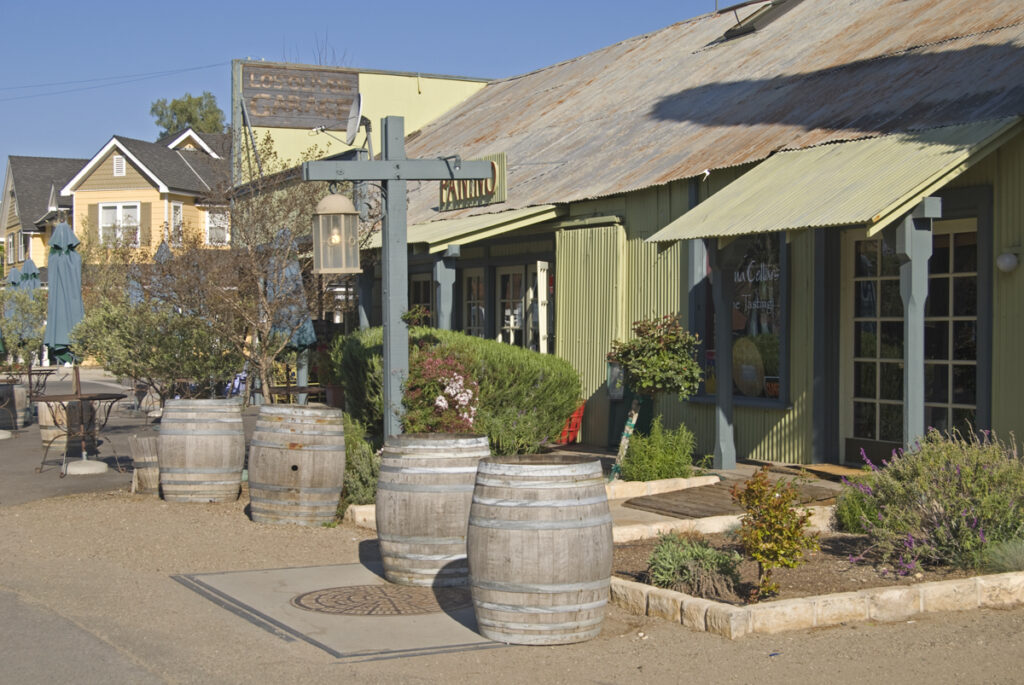
Picture this: a tiny wine town tucked into the Santa Ynez Valley, where millionaires wear flannel and pretend they just stumbled onto their 8-acre vineyard. Los Olivos is a dreamy, sun-drenched retreat filled with wine-tasting rooms, farm-to-table dining, and so many alpacas you’d think it was a requirement. It’s just far enough from L.A. to avoid paparazzi, but close enough to keep things bougie.
Retirees here are often entertainment industry escapees who now grow organic lavender “for stress management.” The homes are Spanish-style masterpieces with backyard orchards and enough privacy to write a memoir—or ghost someone who asks too many questions. Everyone seems to own a dog, a truck, and a very expensive cheese board. Days revolve around long lunches, vineyard strolls, and deciding whether or not to open the really good bottle.
It’s giving: “I left Hollywood, but I brought the sommelier.”
This article is for informational purposes only and should not be construed as financial advice. Consult a financial professional before making investment or other financial decisions. The author and publisher make no warranties of any kind.






